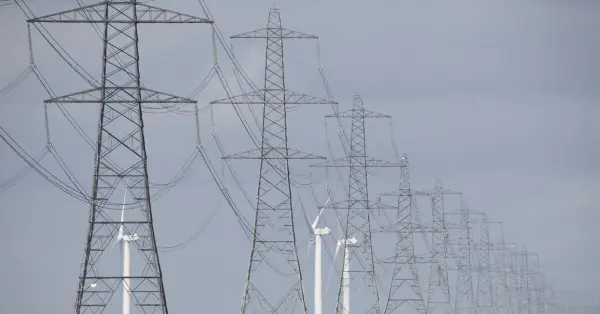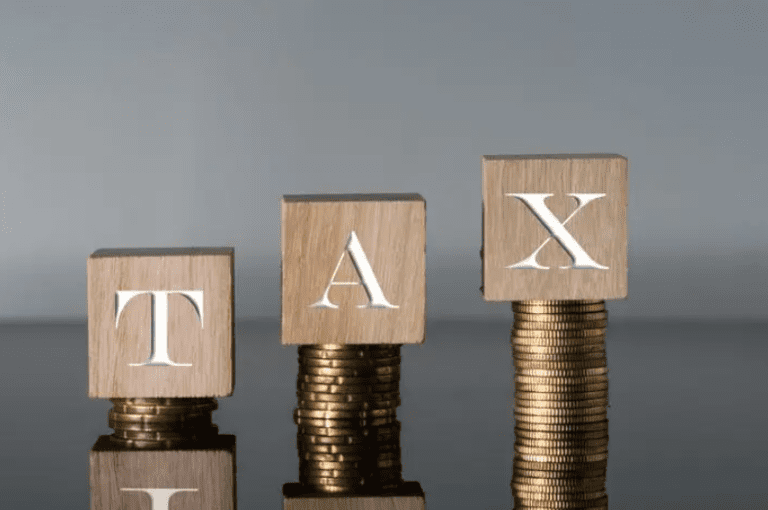trending
neon
Cirque du Soleil offers summer ticket deals
dining out
Celebs ditch the Strip for iconic Henderson restaurant
july 
trending
neon
Cirque du Soleil offers summer ticket deals
dining out
Celebs ditch the Strip for iconic Henderson restaurant
july 

Stock buybacks have become a dominant strategy for U.S. corporations, influencing investment decisions, shareholder returns, and economic growth. While buybacks boost stock prices and reward investors, critics argue they divert funds from research, expansion, and employee wages




Stock buybacks, also known as share repurchases, have become a central financial strategy for U.S. corporations. By repurchasing their own shares from the market, companies reduce the number of outstanding shares, often boosting stock prices. While buybacks can increase shareholder value, concerns have risen over their impact on corporate investments, wages, and long-term economic growth.
Stock buybacks are often implemented for several reasons:
Over the past decade, stock buybacks have surged across various industries. In 2023 alone, S&P 500 companies spent over $900 billion on share repurchases, a figure expected to grow in 2025. The trend has been driven by corporate tax cuts, favorable interest rates, and strong earnings performance.
While stock buybacks provide short-term gains, their long-term economic effects remain debated.
Positive Effects: ✅ Enhanced Shareholder Value: Investors benefit from higher stock prices and improved financial performance. ✅ Efficient Capital Allocation: Companies can focus on core growth areas instead of holding excess cash. ✅ Flexibility: Unlike dividends, buybacks are discretionary and can be adjusted based on market conditions.
Negative Effects: ❌ Reduced Capital for Innovation: Critics argue that companies prioritize buybacks over research and development (R&D), limiting future growth. ❌ Lower Employee Compensation: Some suggest that funds used for buybacks could instead be directed toward wage increases or hiring. ❌ Economic Inequality: Buybacks tend to benefit institutional investors and executives rather than the broader economy.
Amid growing concerns, lawmakers have proposed new regulations on stock buybacks. In 2023, the Inflation Reduction Act introduced a 1% tax on stock repurchases, aiming to curb excessive buybacks and encourage corporate reinvestment. Further policy changes in 2025 may include stricter reporting requirements and incentives for companies to allocate funds toward innovation and job creation.
As economic conditions evolve, corporations will need to balance buybacks with strategic investments. While repurchases will likely remain a key financial tool, increasing scrutiny may push companies toward greater investment in technology, infrastructure, and workforce development.
Stock buybacks have become a dominant strategy for U.S. corporations, influencing investment decisions, shareholder returns, and economic growth. While buybacks boost stock prices and reward investors, critics argue they divert funds from research, expansion, and employee wages
the latest

UK Winter Energy Supply Seen as Secure Despite Tight Gas Margins
UK grid operators say that, though gas supply margins are tighter due to falling domestic production, the country's gas and electricity systems are expected to remain reliable this winter.

Gulf Markets End Mixed on Oil Prices and US Rate Cut Hopes
Gulf markets closed mixed as investors weighed rising oil prices against optimism over a potential U.S. rate cut, impacting stocks in Dubai, Abu Dhabi, and Riyadh.

Starmer’s India Visit Seeks to Boost Trade Deal Impact
British Prime Minister Keir Starmer begins a two‐day India visit with over 100 UK business and academic leaders to promote the recently signed UK-India free trade agreement aimed at boosting exports and investment.

UAE Reaches 640,000 Corporate Tax Registrations
The UAE has reached 640,000 corporate tax registrations as the Federal Tax Authority reports record filings and announces deadline relief for businesses.

UAE to Tax Sugary Drinks Starting January 2026
The UAE government will implement a sugar-level tax on beverages starting January 2026, targeting soft drinks, juices, and energy drinks to encourage healthier consumption.

UAE National Month Campaign to Celebrate Flag Day, Unity
The UAE will run a month-long national campaign from November 3 to December 2, highlighting heritage, unity, and patriotism in line with Flag Day and National Day celebrations.

UAE Introduces New Visit Visas for AI, Cruises, Events
The UAE government has launched four new specialized visit visas targeting professionals and visitors in AI, cruise tourism, events, and entertainment sectors to boost business and tourism.

UK May Scrap Visa Fees to Attract Top Global Talent
The UK government is considering removing visa fees for top global talent as part of efforts to boost innovation, attract skilled workers, and grow the economy.

UK Won’t Impose VAT on Private Healthcare, Says Minister
The UK government has ruled out imposing VAT (sales tax) on private healthcare services, according to Health Minister Wes Streeting, despite speculation ahead of the upcoming budget.